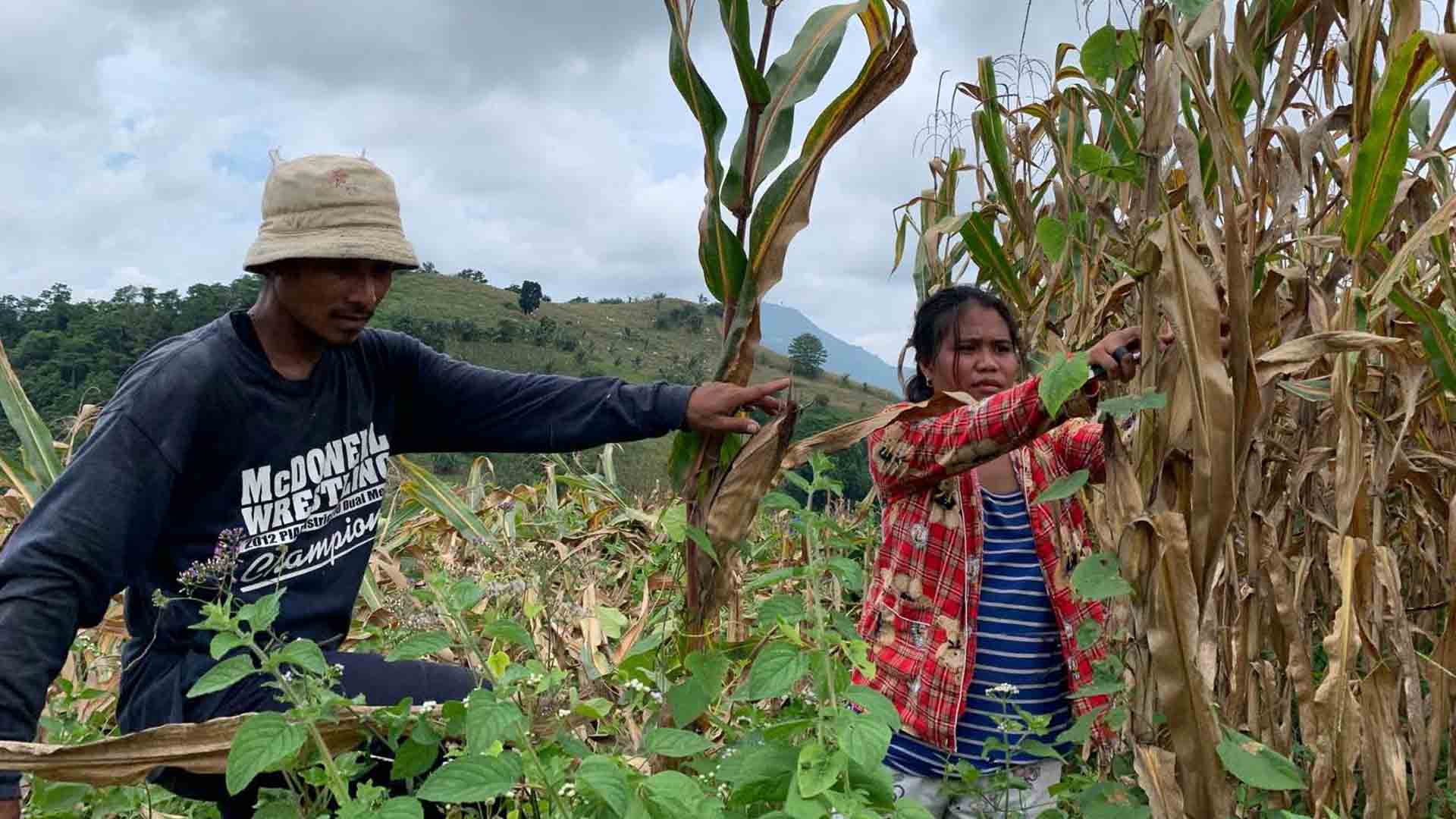San Miguel Corporation (SMC), through its food division San Miguel Foods, continues to make good on its promise to help local farmers weather the impact of the COVID-19 global pandemic–ramping up its buying of corn from local farmers’ cooperatives by 87,946 metric tons in October to early November, bringing its total year-to-date purchase to 524,155 metric tons, up 20% from 436,209 metric tons in September.
“This is by far the largest volume ever that we have sourced directly from farmer cooperatives. This is part of our continuing efforts to help boost the incomes of our farmers, who have also been affected by the pandemic,” said SMC president and chief operating officer Ramon S. Ang.
Earlier this year, following the imposition of enhanced community quarantine across many parts of the country due to the pandemic, SMC announced it would boost sourcing of raw materials from farmer cooperatives referred to the company by the Department of Agriculture (DA), in order to help secure the country’s food supply, and ensure better income for farmers.

The program also came at an opportune time. With the completion of many of its new, modern feed mills nationwide, Ang said SMC can buy even more local corn supply in the future, particularly from Isabela, Pangasinan and Mindanao.
The new facilities, equipped with large silos with aerators, are capable of stockpiling and storing corn and other grains for a year, Ang said. This will enable the company to buy and store bulk corn longer, giving more income to local farmers, and boosting food security.

Apart from corn, San Miguel Foods also purchases local cassava from farmer cooperatives nationwide through its Cassava Assembler Program, which serves as a platform for small farmers to earn stable and reasonable income from SMC. Local cassava purchased for 2020 has already reached 102,608 metric tons, more than double the total purchased in 2019, Ang said.
Aside from purchasing corn and cassava from local farmers, SMC has also participated in other initiatives to help the agricultural sector, such as its partnership with the DA to open “Kadiwa ni Ani at Kita” stores at Petron gas stations, that allows local farmers to sell their fresh produce to more consumers throughout Metro Manila.
It also put up Better World Diliman, a market where excess produce bought from farmers at above-farmgate prices are sold to resellers and consumers at lower prices.
SMC is also exploring other ways to support farmers whose agricultural lands were devastated by super typhoons Rolly and Ulysses.





















